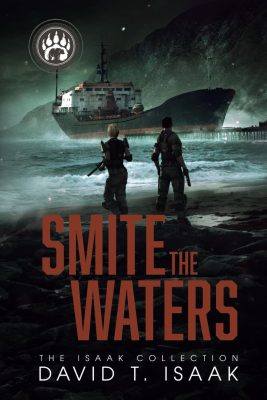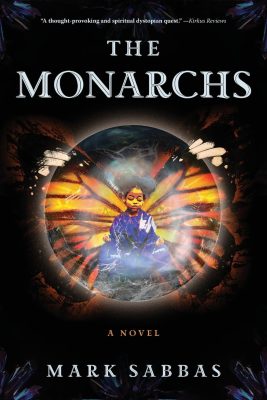|
Listen to or download this article:
|
Everything That Was echoes myriad broken emotions born of the world in turmoil after 9/11, intricate and politically bold, and as disturbing in its brutal humanity as it is satisfying with witty jests.
The 9/11 terrorist attack has shattered the psyche of the American people. A volcanic eruption of questions demands the whys and hows of the attack. From this anger, a massive war on terror begins. This historical fiction reflects the chaos of 9/11 and its ensuing global chaos – resulting in a series of violent endeavors and events. Throughout Everything That Was, one can find a swarm of fragmented ideologies, mini memoirs of war veterans, and witness accounts – all screeching reasons for the attack, the ensuing war, and its consequences: political, ideological, and theological.
The book’s very structure expresses the central ideas of its content, making for an affecting read.
The prose presents fragments of thoughts from the characters, broken grammar cutting sentences together and leaving emotions unexplained. Using a similar framework, Larry Knight’s introspective poetry gives an alternative form of expression to this story’s deep thoughts. In both forms, this structure points towards the lack of clarity in human conscience and the unsettling nature of a world riddled with war and havoc.
The characters appear to be in a trance, and several of their comments end in interrogative or rhetorical questions. Andre joins the National Guard, furious at the loss of innocent lives. But when he arrives at the camp, he has no idea what he signed up for or what the day is. There is no finality or closure to these pluralities of thought; each moment only flows until another idea or rhetorical question replaces it.
Everything That Was faces readers with the automation of war and its devastating impact on individuals.
In a variety of concepts, the book suggests that the fears of being taken over, perceived as powerless, or overrun by women regulate human societal behavior regardless of character. Instinctive and unconscious support for the war grows, as does widespread confusion and skepticism. Andre muses on the battle at hand, questioning whether it is “WWII? Korea? The Viet Cong? Sandinista? Drug War? A War on Drugs?”
Everything That Was represents both the separation and simultaneity of consciousness prevalent in the world. No single meaning can claim to be the ultimate answer in a plethora of conflicting notions. Many internal and external battles result from the interplay between religion and politics, and the diverse interpretations of those aspects by different characters.
As the book unfolds, its discourses allude to several historical events. In its desire to reach emancipation through infinite perspectives, this story proves its attention to the details of history. As a classic example of gonzo journalism, a literary form used by Hunter S. Thompson, the text is a frazzled amalgamation of first-person experiences that rouse incredulity at the brutality and defamiliarization of war and its chessmen in the religious and political spheres. All of these complex internal reactions to external horrors come wrapped in biting irony, peppered with tragicomedy.











Leave A Comment